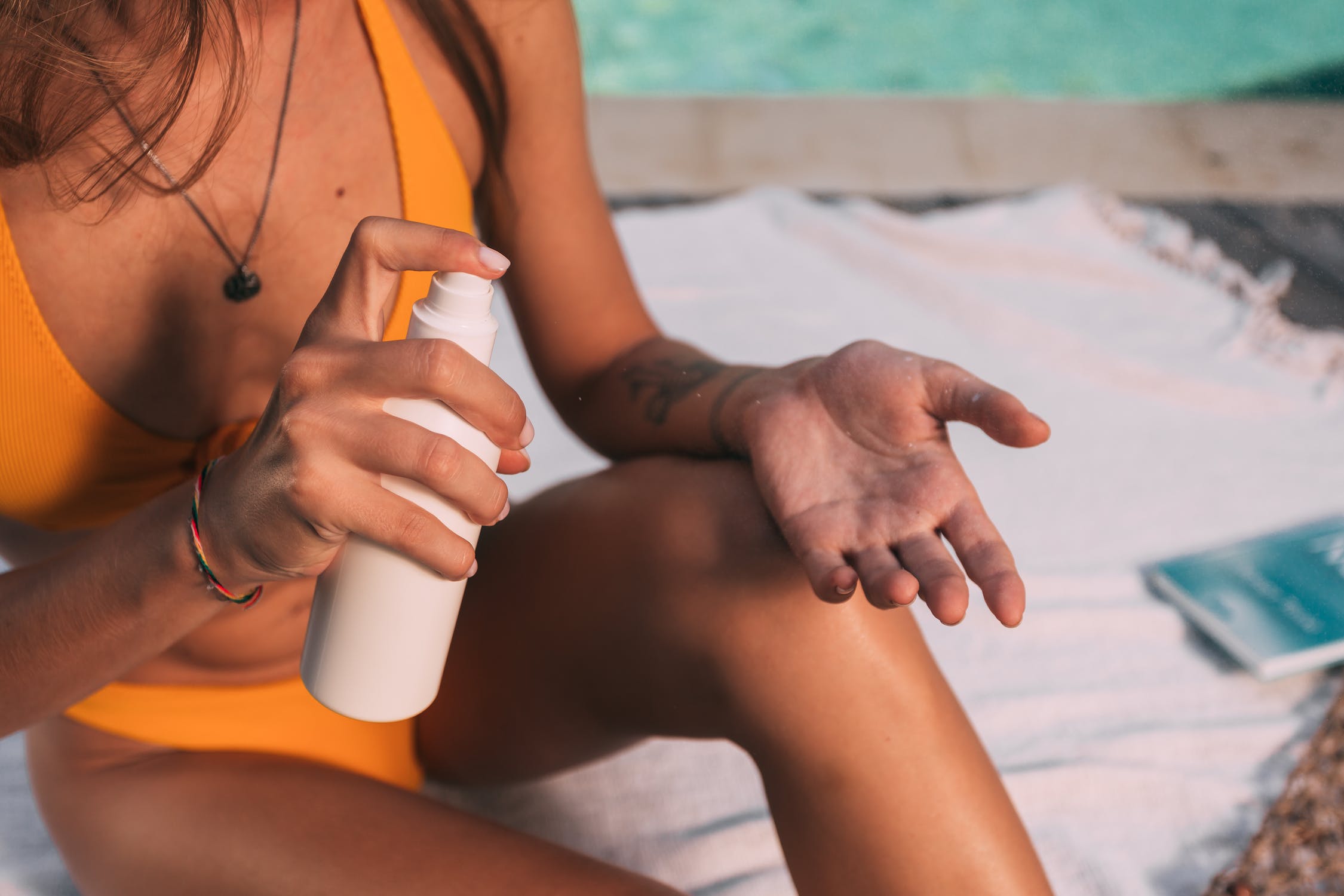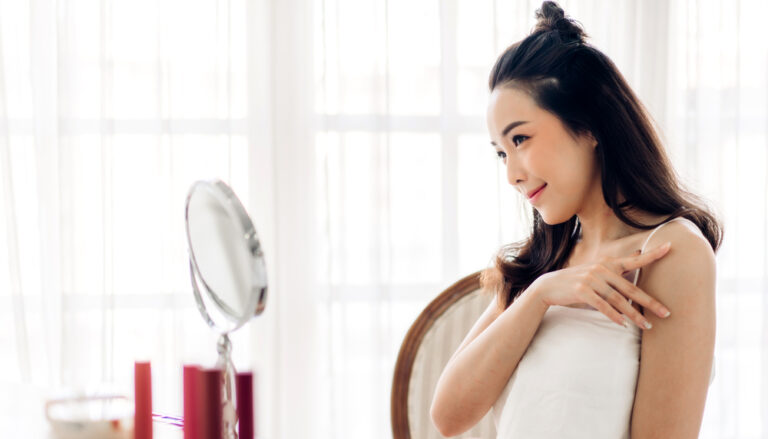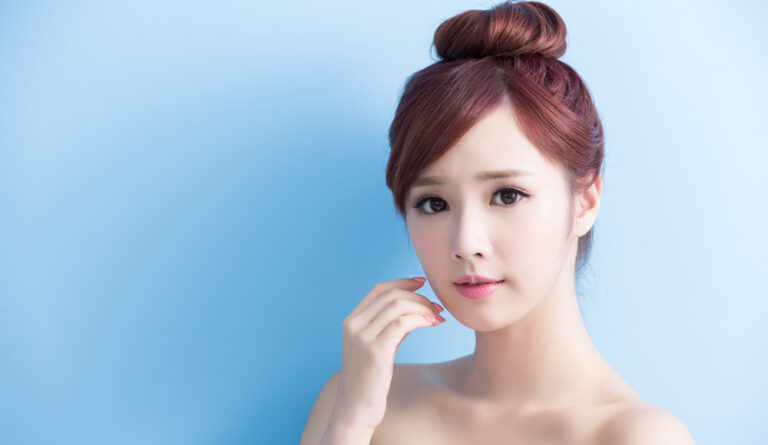Tanning in China is the latest trend challenging the country’s rigid beauty standards. Traditionally in China, a tan has been associated with physical labor in rural areas, whereas paler skin indicated a higher status. The craze around tanning in China first appeared this summer when the former Victoria’s Secret Model Angel He Sui posted a series of selfies with self-tanned legs on Weibo.
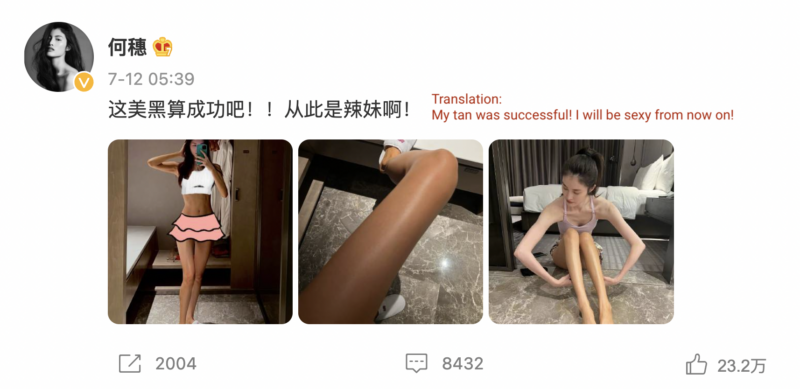
This sparked an online frenzy as her newly bronzed skin took her followers by surprise – to the extent that the hashtag #Will tanning become a new trend? (#美黑会成为新风尚吗?#) accumulated 7 million views. Whilst some criticised her decision, other young women and minor celebrities praised her look and started to share their tanning experiences. This has suddenly unlocked a new segment in China’s beauty market: Tanning products.
China’s tanning boom challenges the ‘fair skin’ beauty status quo
By having tanned skin, many women such as Jasmine Li (a social media beauty blogger) feel more confident and it has provided them with a sense of self-worth. As a result, the attraction to be tanned and have a ‘sun kissed’ glow has risen as more women in China seek to buy self-tanning products and go to tanning salons. Although skin whitening products remain dominant in the market, this trend could present more opportunities for Western tanning brands to gain foothold in the Chinese beauty market.
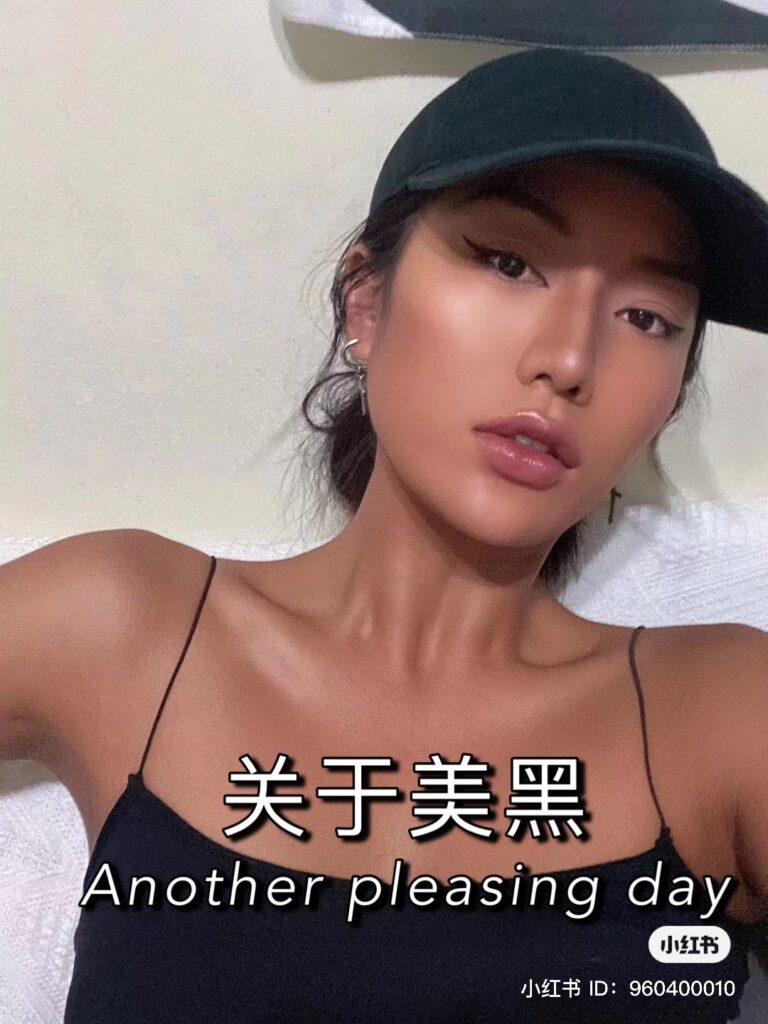
The uprise of tanning in China
Today, a ‘niche’ tanning community is evolving in China as a cause of many different factors. For one, tanning has recently been aligned with fitness and outdoor sports. Sparked by the pandemic, many urbanites and trendsetters on social media have started to show off their tans that highlight their muscle definition earned by their active lifestyle.
The pandemic has also pushed many women and men to go to tanning salons to look ‘healthier’. Having been restricted at home with no opportunity to go outdoors, many women and men, particularly in Tier-1 cities like Beijing and Shanghai, have started to go to tanning salons to get a “glowly look”. Unlike before where most clients were mainly male models and actors, according to salon owners operating in Tier-1 cities, there has been a sharp uptake by new female clients.
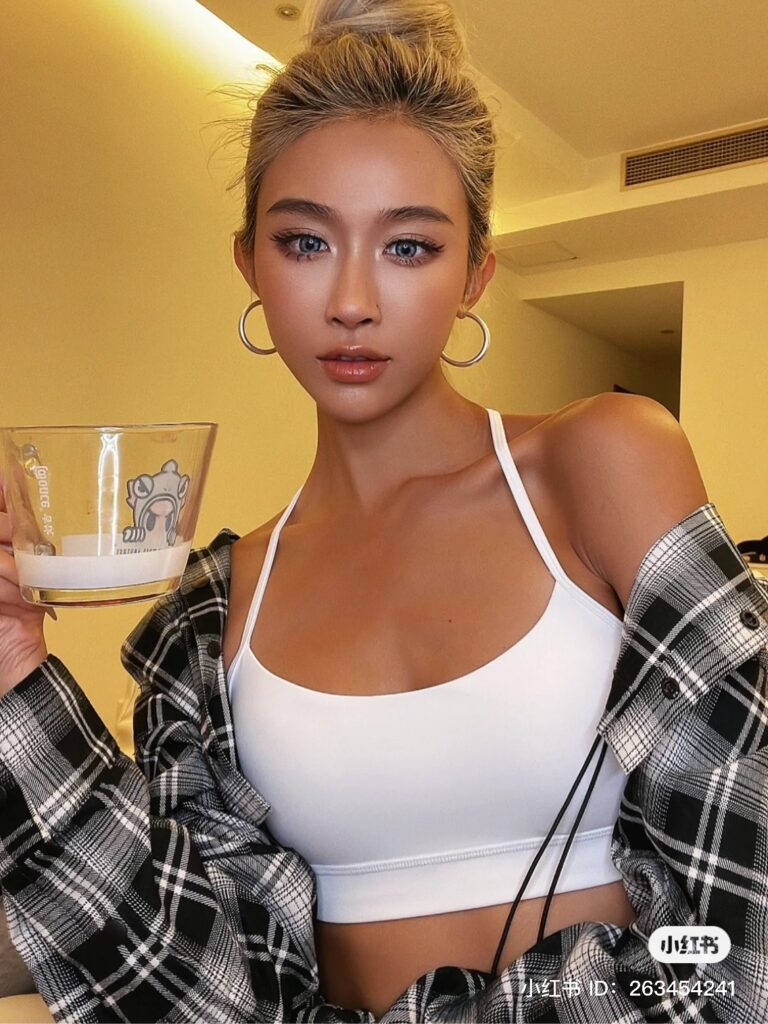
Opportunities for tanning salons and products
China’s tanning market is still underdeveloped, as a majority are still hesitant to tan. However, opportunities for tanning salons in Tier-1 cities remain positive as this trend continues to grow. Tanning products are also gaining momentum, with many women on Chinese social media apps such as ‘Little Red Book’ – the Chinese app similar to Instagram – sharing their beauty secrets to get tanned skin.
Some of the hottest products mostly include Western brands such as BaliBody, Loving Tan, Bondi Sands, St. Tropez, Clarins, and Dove. These products are being promoted across social media via influencers embracing tanning. Whilst it might be too early to forecast whether mainstream consumers will continue to embrace tan to the extreme the West does, China’s tanning community is certainly starting to boom.
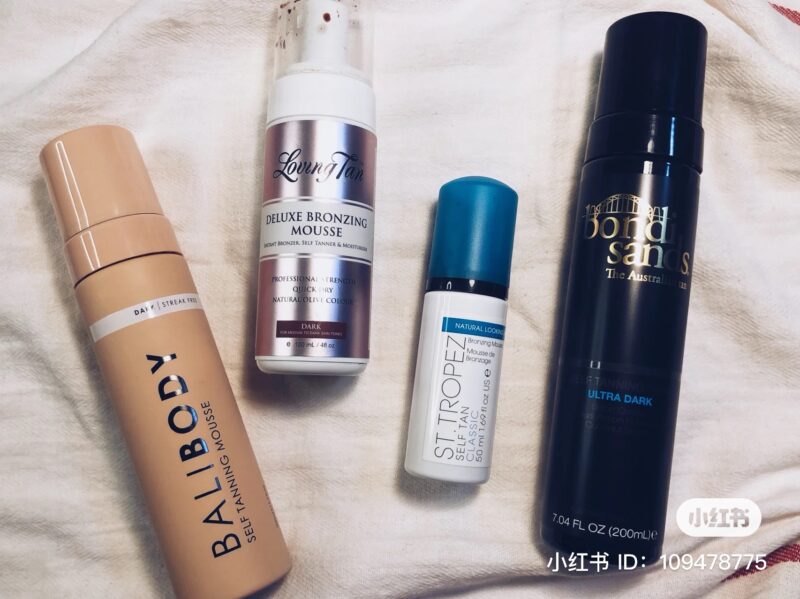
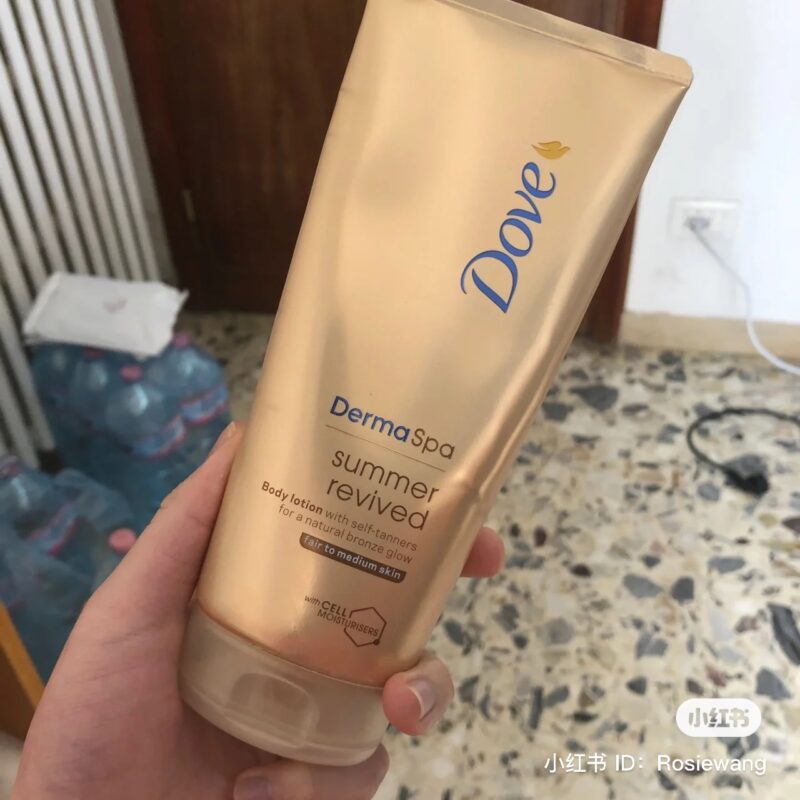
Is China’s tanning trend here to stay?
There is still a long way to go for this emerging trend to change China’s beauty ideal of fair skin. Skin whitening products remain dominant in the market and are sought out after by many young Chinese women looking to ‘fit’ into society. According to a 2021 report by the Zhongyan Puhua Industrial Research Institute, China is still the largest user of whitening products with an estimated market size of 361.6 billion yuan.
Yet, this trend provides hope for women as more young Chinese look to push the narrative on beauty and seek to embrace their authentic looks. Similar to the body positivity movement that has pushed brands to be more body inclusive, more women are saying ‘no’ to the prescriptive beauty norms. Overall, the tanning community promotes self-confidence and is driving the fitness trend which in turn could lead to the emergence of a new consumer group for fashion and beauty in years to come.
The outlook of tanning in China
- Self-tanning in China is a new trend that is picking up momentum amongst the Chinese Gen-Z. With more women seeking to push the narrative on China’s rigid beauty standards that prescribe women to be thin and pale, women are finding beauty in tanned skin.
- Tanning in China is still a niche in the market, yet there are opportunities for marketers to gain a foothold in the Chinese market via tanning products or salons.
- China’s tanning boom goes beyond women wanting to have a glowing tan, instead it has become a way for women to increase their self-confidence. Tanning in China advocates for women to embrace their authentic beauty and push for diversity.
- Like the body positive movement, tanning in China is driving public interest from the younger generation, who have gone against the notion that having fairer skin equates to beauty.


